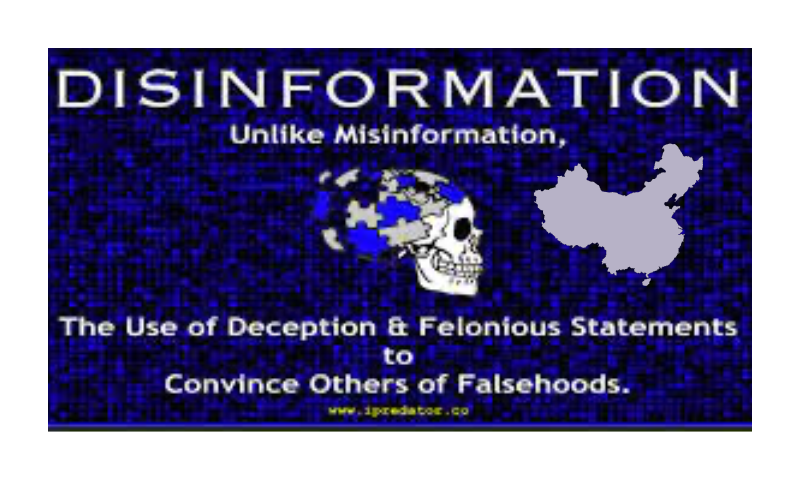Lóránt Győri, Péter Krekó and Blanka Zöldi
Lakmusz, Jan. 18, 2023
“Shortly after US House of Representatives Speaker Nancy Pelosi’s trip to Taiwan in August 2022, a number of threatening and misleading reports emerged about the military response planned by the Chinese Ministry of Defense.”
Since the annexation of Crimea in 2014 and the invasion of Ukraine in 2022, Russian hybrid warfare and disinformation efforts and the possibilities for European or Euro-Atlantic action against them wew in the focus of attention. At the same time, however, Beijing is engaged in much the same ‘cognitive warfare‘ against Taiwan. The island, which lies some 200 kilometers off the coast of mainland China, is, in practice, an independent democracy, but the People’s Republic of China regards it as a separatist state and is also using disinformation operations to destabilize it.
So much so that, according to a 2019 study, Taiwan is the country most targeted by foreign disinformation in the world.
In December 2022, we spent a week in Taiwan, and this article summarizes some of our experiences there. In particular:
- the similarities between Russian and Chinese disinformation warfare, and
- who is fighting the spread of misinformation in Taiwan, and what tools they are using to do so.
Similarities of hybrid warfare
In part, Russian and Chinese disinformation or “hybrid” warfare has eerily similar strategic objectives and associated means and narratives to achieve their territorial, geopolitical and military objectives.(Of course, many differences can be outlined – but this analysis is intended to draw attention to the similarities.
While Russia’s major disinformation and cyber warfare against Ukraine shifted into higher gear in 2014 (when Russia annexed Crimea), the conflict between the People’s Republic of China and the Republic of China (Taiwan) goes back to the Chinese civil war in the mid-20th century. Chinese Communist Party (CCP), led by Mao Zedong, took over China in 1949 when the nationalist government led by Chiang Kai-shek fled to the island of Taiwan, and the CCP has been trying to “reunite” with Taiwan since then. These efforts, military threats, and information warfare have intensified since the 2016 Taiwanese presidential election, which was won by pro-independence candidate Tsai Ing-wen. … [To read the full article, click here]


